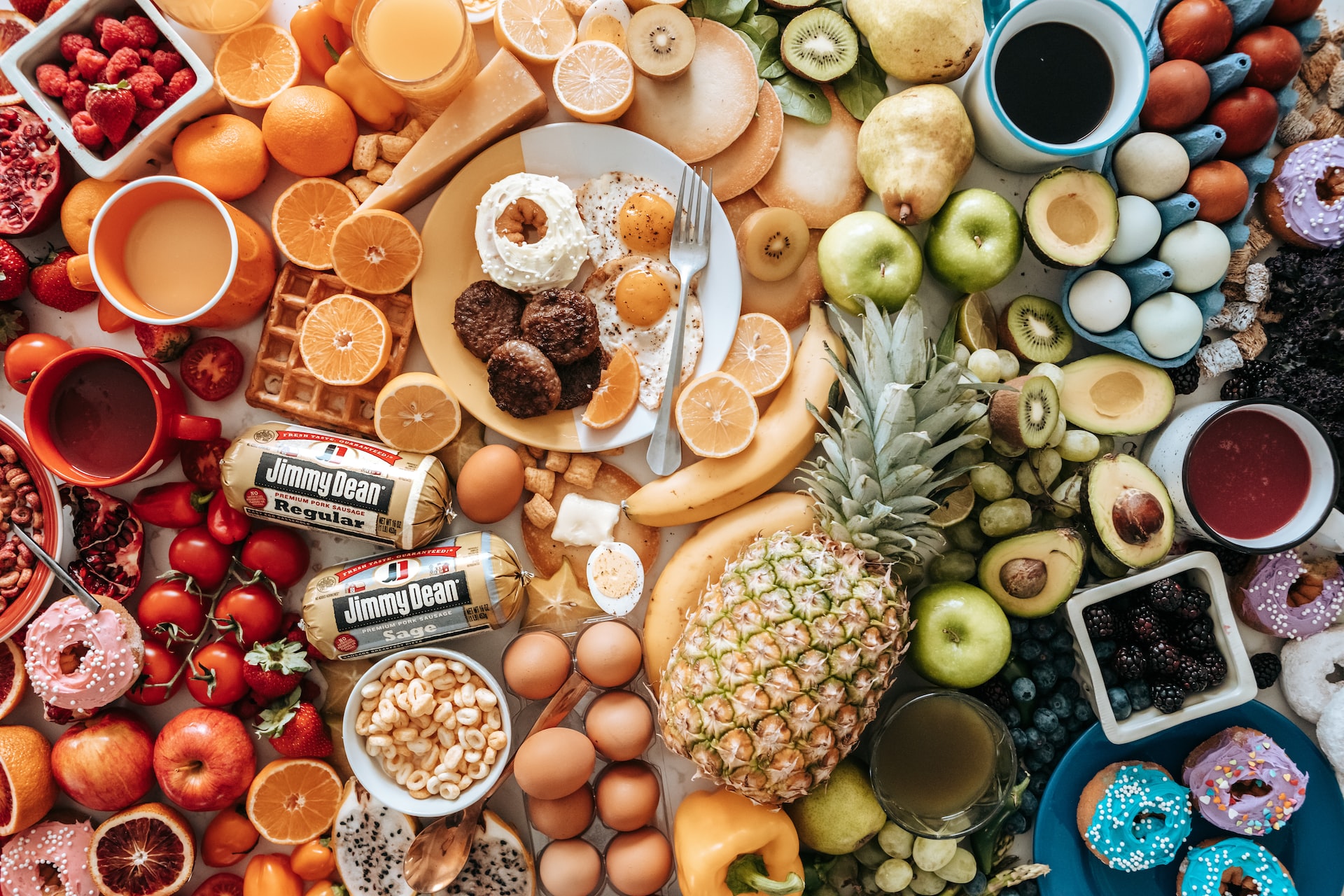Sleep is an essential part of life. Without it, we cannot function properly and may experience various health problems. Unfortunately, insomnia is a common problem with many potential causes. While some may be out of our control, some food and beverage choices may contribute to our lack of sleep.
In this article, we will explore some foods contributing to your insomnia. By making conscious food choices, you may be able to improve your sleep quality and get the restful sleep you need. Here are the food and drinks that may cause poor sleeping habits:
What Are the Food and Drinks That Contribute to Insomnia?
Fried Dishes and Fatty Meats
Fatty foods, such as deep-fried and fatty meats, take longer to digest. When eaten late at night, certain foods may trigger acid reflux and other digestive issues, impairing sleep quality. Fast food and other highly processed foods usually contain a lot of salt, saturated fats, and added sugars.
These foods, like the ones mentioned above, can negatively affect your health and sleep when consumed excessively. Your sleep and health will improve if you transition to a more whole-food-based diet heavy in vegetables, fruits, whole grains, lean meats, and healthy fats.
Fermented Foods
A lot of sodium is present in aged or cured foods, and consuming too much sodium has been linked to high blood pressure. According to research, adopting the DASH diet helps lower blood pressure.
A study of adolescent girls found that the Dietary Approaches to Stop Hypertension (DASH)-style diet reduced the risk of sleeplessness. Moreover, some amino acids in various aged and cured foods, including cured red meats, may boost brain activity and interfere with sleep.
Cookies and Cakes
Foods high in fat and sugar, like cookies and cake, may prevent you from sleeping well, especially if you eat them right before bed. These baked pastries’ high saturated fat content might worsen acid reflux symptoms (stomach acid irritates the esophagus). Moreover, a high-sugar diet can raise blood sugar levels, which increases insulin levels and sets off a chain of events that may result in insomnia and poor sleep quality.
White Bread
Due to their high glycemic load or index, white bread, and other refined grains quickly raise blood sugar levels. A Women’s Health Initiative trial review reveals a connection between high-glycemic diets and insomnia. However, further research is needed to confirm the impact of carbohydrates on the quantity and quality of sleep.
Black Tea
Each cup of black tea has about 47 milligrams of caffeine. This tea contains about two-thirds as much caffeine as coffee and has one of the highest caffeine levels of any tea. Hence, black tea might stimulate and keep you awake at night. Stop drinking black tea at least two to three hours before bed to reduce sleep disruption.
Alcohol
Alcohol is another psychoactive substance that is often used. Alcohol is frequently used as a sedative. Yet alcohol can disrupt various sleep stages and result in insomnia, which can disrupt regular sleep cycles.
Also, cross-sectional studies, which examine data from a specific population at a particular time, have shown that alcohol may promote disruptions of the circadian rhythm and reduce the amount of time you spend sleeping. Alcohol dramatically worsens breathing-related sleep disturbances such as snoring and low oxygen saturation levels, especially in those with issues.
Caffeine
Caffeine is the psychostimulant (a substance that stimulates the central nervous system) most commonly consumed worldwide. It can be found in foods like chocolate, though it is usually in beverages like coffee and tea.
People widely consume caffeine to increase their energy and focus. But drinking too much coffee might impact your ability to fall asleep fast and how much and how well you sleep. Limiting caffeine consumption in the late afternoon and evening can decrease its adverse effects on sleep.
Conclusion
Certain foods can contribute to insomnia and sleep problems. Foods like alcohol, caffeine, sugar, processed foods, and fatty foods can all affect your sleep quality. Eating these foods close to bedtime can make it harder to fall asleep and stay asleep.
Therefore, eating a balanced diet, avoiding caffeine and other stimulants, and eating foods high in fiber and complex carbohydrates can help you sleep better and reduce insomnia symptoms. You can get quality sleep with a few simple diet changes.
Sleep Under Cover provides the best sleeping aids and advice to avoid insomnia. Read through our guides to learn how to avoid poor sleeping habits!
